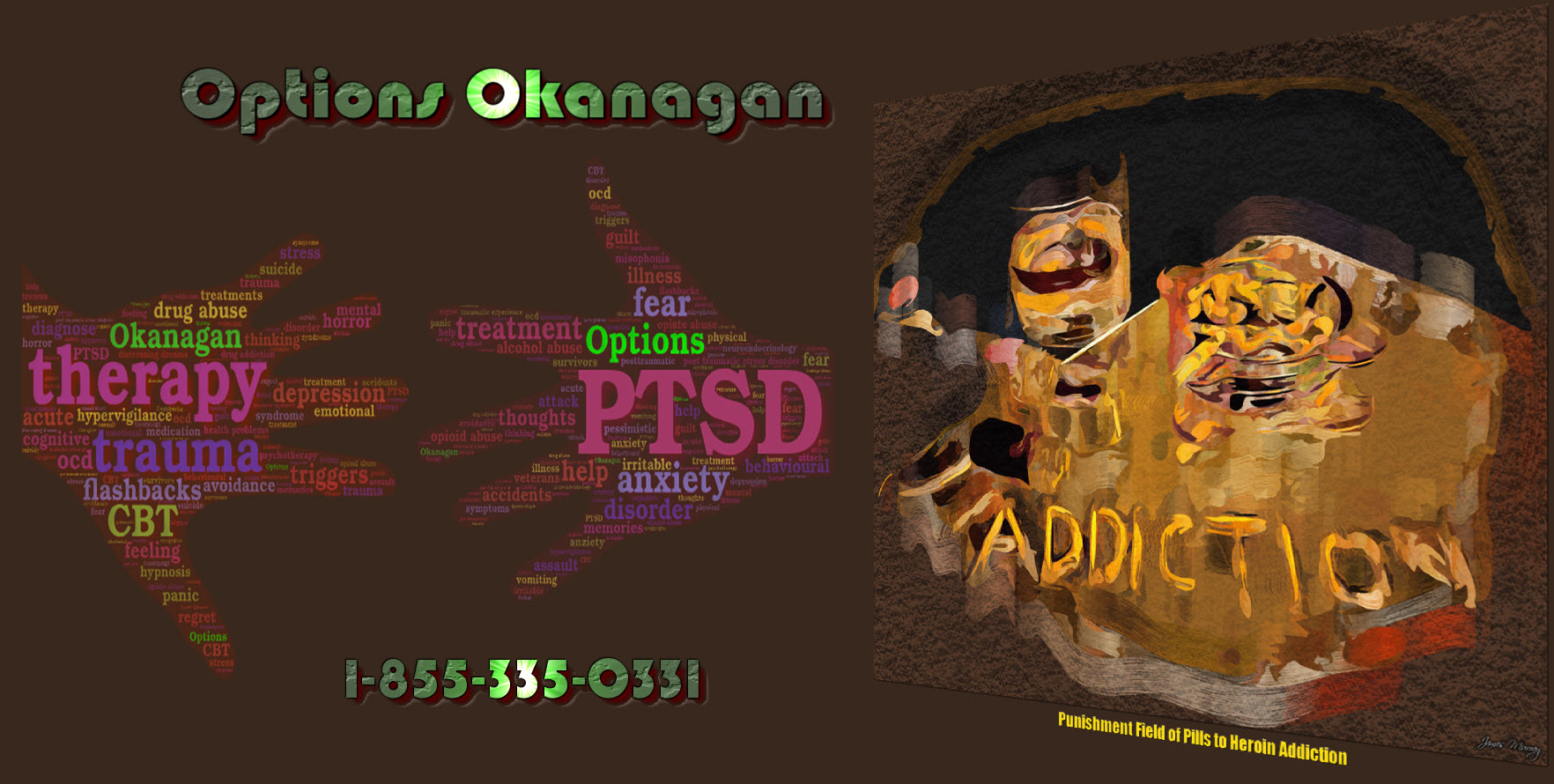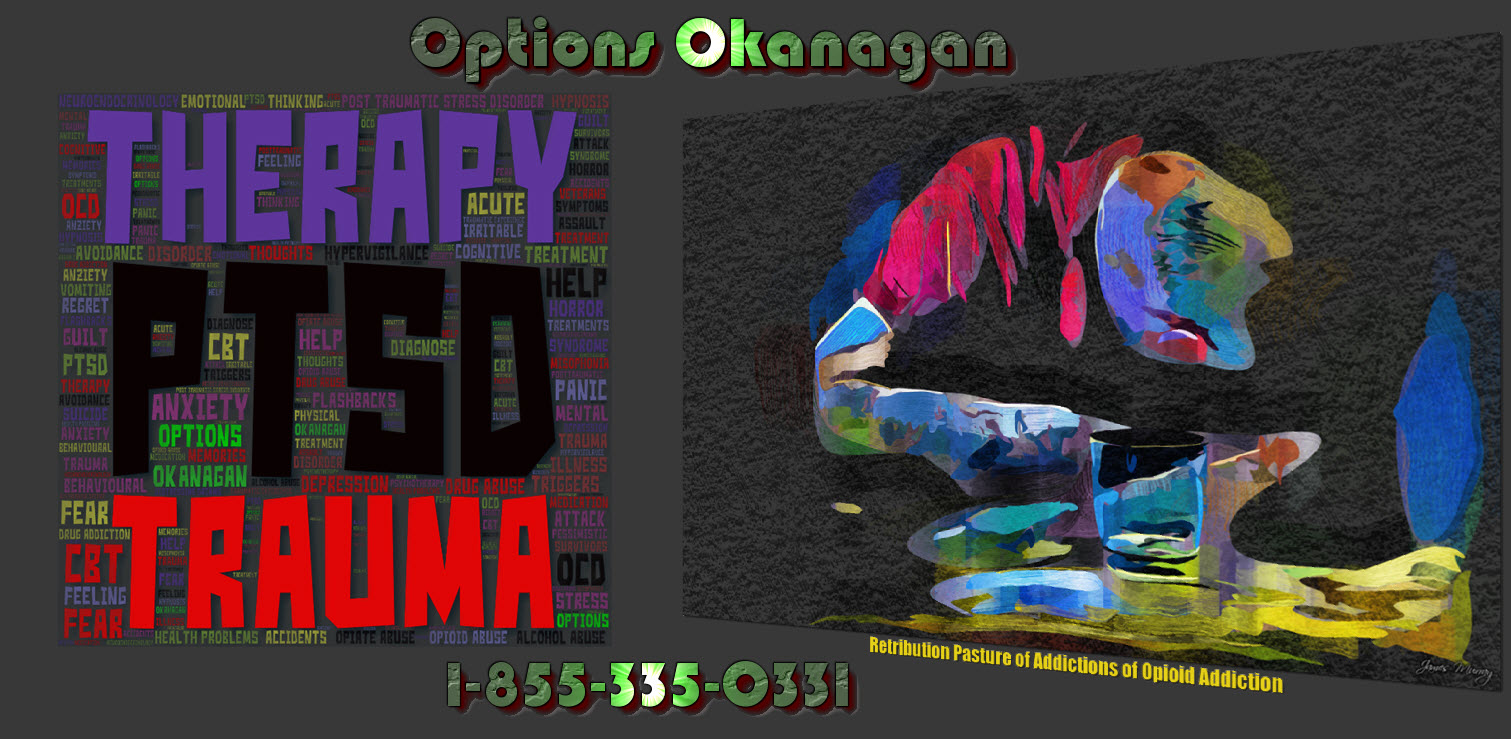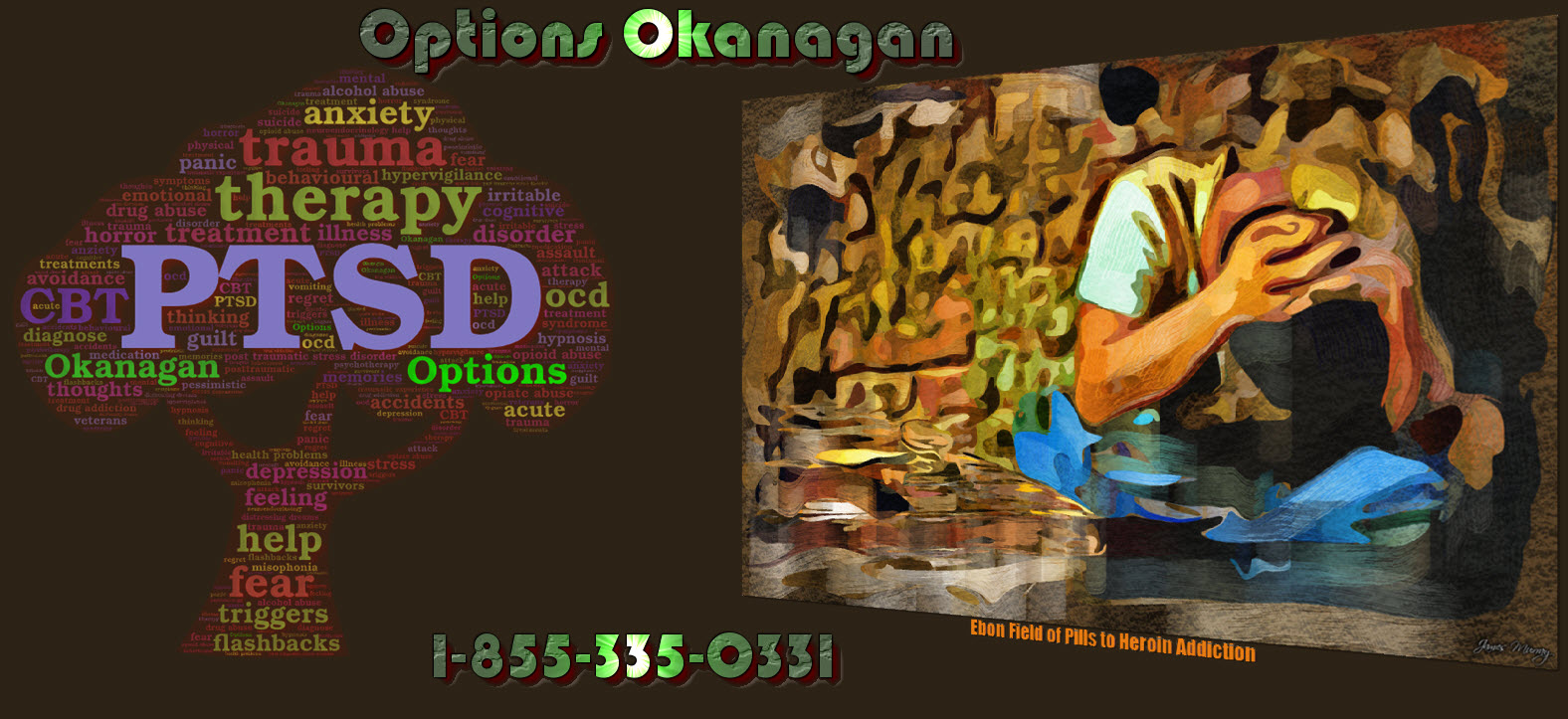A guide to (CBT) Cognitive-Behavioral Therapy for drug or alcohol addiction recovery – CBT and Mental health disorder programs – Opiate rehabs in Alberta and British Columbia – Options Treatment Center in Kelowna, British Columbia treating drug, opiate, fentanyl, heroin, and alcohol addiction and recovery.
Drug Rehabs In Alberta And BC
Many people might have attempted cognitive-behavior therapy (CTBT) in the past. However, do they understand how it actually works?
Cognitive-behavior therapy helps to rebuild an addict by restructuring their dangerous behavior and mindset. CTBT is among the most popular types of treatment for many people who are recovering currently from psychiatric disorders comorbid and substance disorders. Although many people have benefited from CBT as part of their addiction recovery, not many understand the science that is behind this therapeutic method.
What is Cognitive-behavioral therapy?
CBT, which combines psychotherapy and behavior, is among the first evidence-based methods for treating addiction. CBT tools are used by counselors to treat patients at rehabilitation centers. Cognitive-behavioral therapy has a proven track record and long history and is popular among therapists. In addition, CBT is a natural adaptation for treating many problems that relate to addiction.
CBT is based on the concept that a person’s thoughts influence their actions and feelings. For many people who have drug abuse struggles, negative thoughts frequently result in drug use or other dangerous actions. CBT encourages people to question their beliefs, particularly negative beliefs that are not actually based in reality.
CBT and Mental Health Disorder Programs In Alberta And BC
One of the major things that CBT does is question a person’s irrational beliefs as well as provoke thoughts arising from fear or anxiousness. When this treatment approach is used in combination with a 12 step program, it can work well, and CBT works very well and is a good fit with it.
Deconstructing the basic beliefs of an individual
Most people leave their childhoods having one negative belief at least. An individual might think they are unloveable or will never succeed. Individuals will unconsciously spend much of their lives making their core beliefs stronger, like finding a romantic partner who does not treat them well or maybe achieving senior executive status no matter what the cost is.
For people who have substance disorders, their basic beliefs might be embedded within negative thought patterns that can result in drug use. In order to maintain their long-term recovery, people must have the ability to cope with their negative beliefs to prevent them from returning to unhealthy thinking patterns for years or months. CBT is quite useful to look more rational and to deal with negative beliefs.
Clients learn how to question their assumptions or explanations during therapy sessions. For example, is someone dumps an individual, they might come to the conclusion that they are not truly valued. This will strengthen the negative core of their belief that they cannot be trusted or loved. Following CBT, a person may be able to see a situation in a more rational way, their friend might work too much, have gotten very sick, or are in love with their work. An individual might be able to see the situation now migrating to different circumstances that are not related to them.
Introducing long-term change
One of the benefits of CBT is that its results can be seen fairly quickly. Just a couple of therapy sessions are necessary to resolve an individual’s problems. That means people can overcome their problems during CBT and then take the necessary time to overcome these problems before they move onto their next therapeutic segment.
People can do this quickly and work on a problem that is presented to them. They use methods and interventions to help them feel better and then during the next round they can work on other issues.
Daily strengthening is another important aspect involved in long-term change via CBT. Just as the 12 steps must be applied continuously to their life, they also must make changes to what they have made through therapy.
CBT is practice-oriented, and there are numerous practices ranging from challenging behavior to journalizing. Over time, it is another method for applying a new way of thinking and for challenging old belief systems.
Options Okanagan Opiate and Alcohol Treatment Centers in Kelowna, Salmon Arm and Vancouver, British Columbia – Men and Women are recovering and healing from Alcohol and Drug Abuse at our treatment center here in the Okanagan right now.
Our unique and distinctive Opiate Drug and Alcohol treatment program allow men and women to come in from Calgary as well as Edmonton as we offer airport pickup.
Numerous clients come to us from Vancouver, Calgary, and Edmonton and other locations in Alberta and even other provinces for Opiate addiction treatment, heroin drug treatment, many other drugs, and alcohol addictions for rehabilitation because of the uniqueness of our treatment center.
Our (Kelowna) Alcohol and Drug Treatment Program Location:
(Not Mailing Address) – Contact Us – Web Page
For Mail Delivery :: Please contact each center for correct mailing addresses, also this location is the location of our residential treatment programs in Kelowna. Please call Toll Free 1-855-335-0331 – to contact the treatment center you are going to for the address and directions.
Options Okanagan Drug and Opiate Treatment Center
551 Sherrydale Crescent, Kelowna, British Columbia, V1V 2E6
Toll-Free Phone Number: 1-855-335-0331




